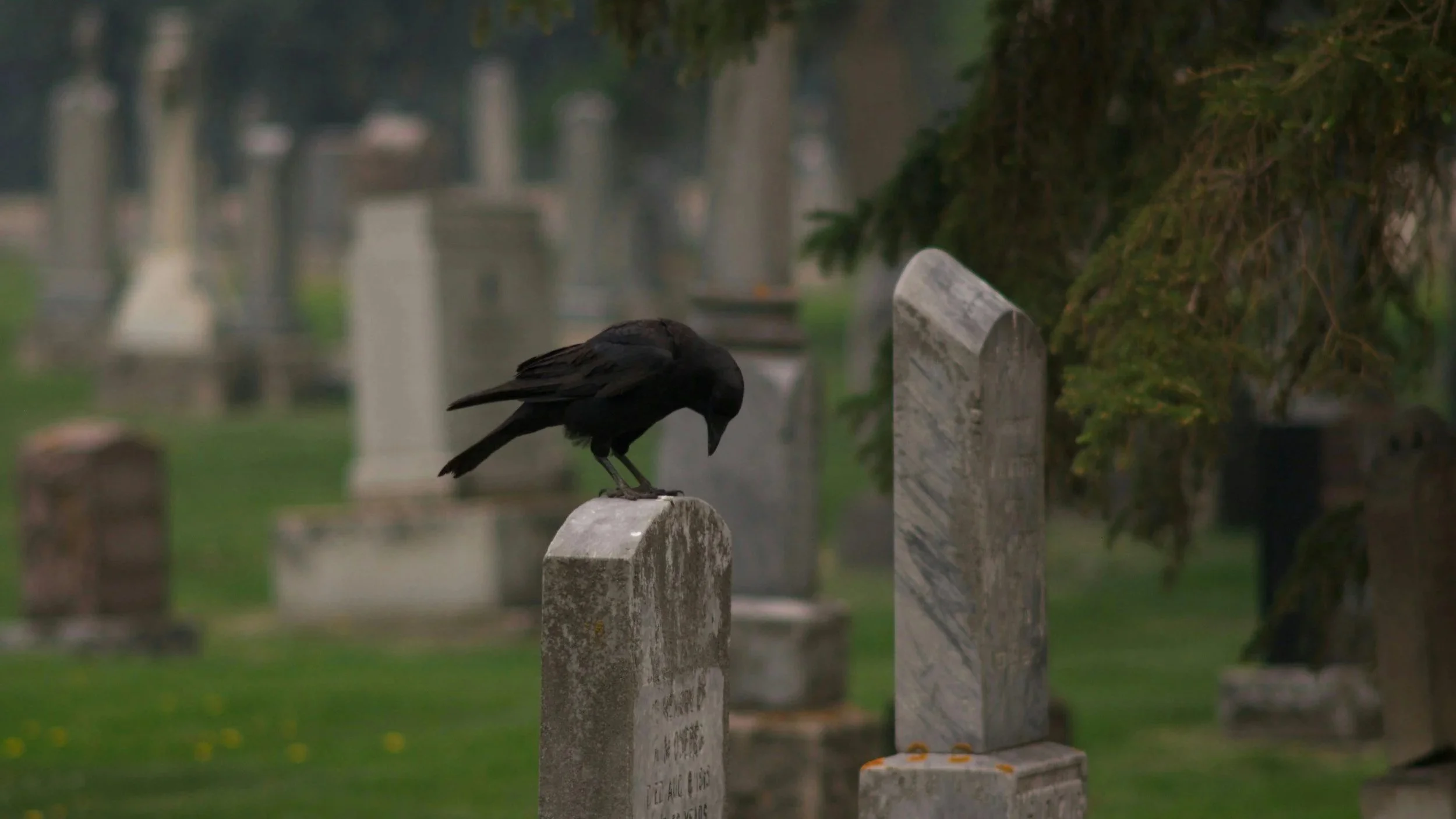How Narcissists Exploit Grief: Mourning Around Narcissistic Family Members
This blog is for anyone who has lost a family member and feels worried about seeing a narcissistic member of the family at the wake or funeral. Grief is hard enough to process and narcissistic family dynamics make it even more complicated. When we lose a family member, narcissists tend to make it about themselves, which brings up so many conflicting emotions. Let’s dive into learning about narcissistic behaviors related to death, and untangle some of the feelings you may experience in these challenging times.
Narcissistic people lack the emotional maturity to process difficult feelings on their own. They will often make the time leading up to the death an absolute nightmare for anyone else involved. They demand control of the logistics, like becoming the healthcare proxy or organizing the funeral arrangements. They criticize the contributions of anyone else who is trying to help. They take out their pain and grief on others through passive aggressive comments or manipulation.
If you want to break the cycle of abuse, here’s what you need to know:
Creating distance between your own grieving process and the family dynamics is essential. You have your own memories and feelings about the person who is dying or has passed. You will need to create time & space to process these. Radically accepting that your narcissistic family member will not be able to hold space for your emotions will allow you to feel your grief alone or with people who can actually offer support. This may look like processing with a partner, a close friend, or a therapist.
Expect your narcissistic family member to exploit your grief. Expect that interactions with family members will probably lack emotional safety and include mistreatment or abusive behavior. If you’ve been implementing boundaries or creating distance from your family, the narcissistic person may leverage this opportunity to reel you back into their circle. Keep in mind that this behavior is not about repairing the relationship. Even if they dress up this behavior as reconciliation, it’s probably love-bombing or hoovering (sucking you back into the relationship with fake niceties so they can regain a sense of control). They may say something like, “Death really makes you think about the importance of family.” This isn’t the narcissistic person suddenly realizing they’ve treated you like garbage or their way of apologizing. This is manipulation to make you feel guilty for creating distance from the family.
Set and maintain boundaries. First, you may want to create boundaries around your time. When will you arrive to the funeral? How long will you stay? Then you’ll want to consider behavioral boundaries. For example, imagine you arrive and the narcissistic family member places responsibilities on you that you never agreed to and aren’t ready to take on at a moment’s notice. Will you refuse them? Now, imagine you refuse and the narcissistic family member escalates by saying, “I can’t believe you would dishonor your grandmother’s memory like this.” Will you still refuse? Will you leave if things become too heated? What is your exit strategy? Planning for all of this in advance is unfortunately necessary when someone so toxic is likely to be at this funeral.
Lastly, it’s important to remember that even if you choose not to go to the funeral, you can still engage in your own grieving process. Unhealthy people will view this as disrespectful because they are attached to the idea that grieving must happen at a designated time and place with other family members. They will blame you for causing problems by not attending or participating. The reality is that if the family dynamic they created wasn’t so backwards in the first place, you wouldn’t have to make a decision to remove yourself. You would be able to trust your family and rely on them for the love and support that is needed in that moment. It is not your responsibility to fix a broken family system or to subject yourself to it in order to make others comfortable. You get to choose how you spend your time and energy when it comes to something as important as the grief process.
Need more support? I’m Danielle, I’m a therapist & coach who specializes in helping clients heal from narcissistic relationships. Reach out for a free intro call to learn more about groups or individual counseling!

